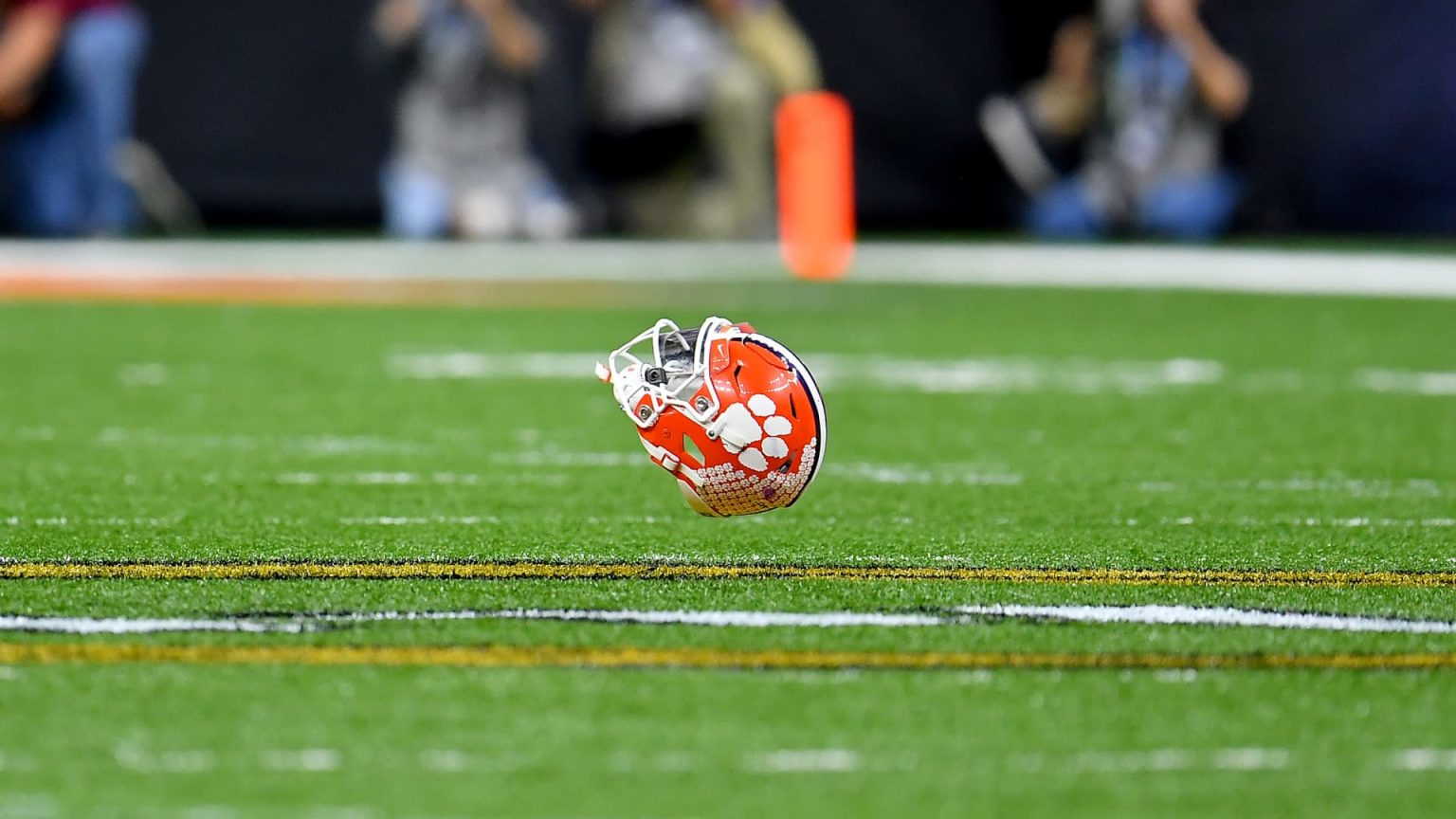DirecTV and Disney have reached a deal after a two-week blackout, allowing Disney’s channels to return to the pay-tv provider’s customers in time for college football and the Emmy Awards. The dispute began when the two sides could not agree on terms regarding fees and bundle structures, leaving DirecTV’s 11 million customers without access to popular programming such as the U.S. Open and “Monday Night Football.” DirecTV executives had been pushing for genre-specific bundles, which Disney claimed did not reflect the value of its networks. The new deal includes market-based pricing and allows DirecTV to offer multiple genre-specific options, including sports, entertainment, and kids and family, along with Disney’s streaming services like Disney+, Hulu, and ESPN+.
The agreement also grants DirecTV the ability to offer Disney’s streaming services in its packages and a la carte, as well as the upcoming ESPN flagship direct-to-consumer streaming service at no extra cost to subscribers. This collaboration between DirecTV and Disney is seen as a first-of-its-kind partnership, giving customers greater flexibility in customizing their video experience. The blackout highlighted the importance of live sports to both media companies and pay-TV providers, as well as the impact on customers and businesses. During the dispute, many small business owners, including bars and restaurants that rely on DirecTV for sports programming like the NFL’s “Sunday Ticket” package, were affected.
The blackout also coincided with the presidential debate, leaving customers without access to Disney’s ABC network in certain markets. Disney had attempted to allow DirecTV to offer ABC temporarily for the debate, but DirecTV declined, stating it was unnecessary as the debate was being broadcast on other news networks. The issue of antitrust in the media industry has been in the spotlight following the temporary blocking of the Venu streaming venture by a judge. DirectTV filed a complaint with the Federal Communications Commission alleging that Disney had not negotiated in good faith, a claim that was not addressed in the deal announcement.
The evolving landscape of pay-TV and streaming services has disrupted the traditional bundle structure, with customers shifting towards alternative forms of entertainment. DirecTV has been promoting its streaming bundle to adapt to changing consumer preferences. The importance of live sports, particularly ESPN, is considered crucial in holding the traditional pay-TV bundle together due to its high viewership. The recent deal between DirecTV and Disney reflects a growing trend in the industry towards more flexible options for consumers, balancing the value of traditional linear TV with the convenience and choice provided by streaming services.
The resolution of the DirecTV-Disney dispute marks a significant development in the media landscape, highlighting the challenges and opportunities in the evolving relationship between pay-TV providers and content creators. The deal not only restores access to popular programming for DirecTV customers but also paves the way for new offerings and partnerships that cater to the changing demands of viewers. As the industry continues to adapt to the shift towards streaming and on-demand content, collaborations like the one between DirecTV and Disney represent a forward-thinking approach to meeting the needs of modern consumers and ensuring the continued relevance of traditional pay-TV providers in a digital age.


